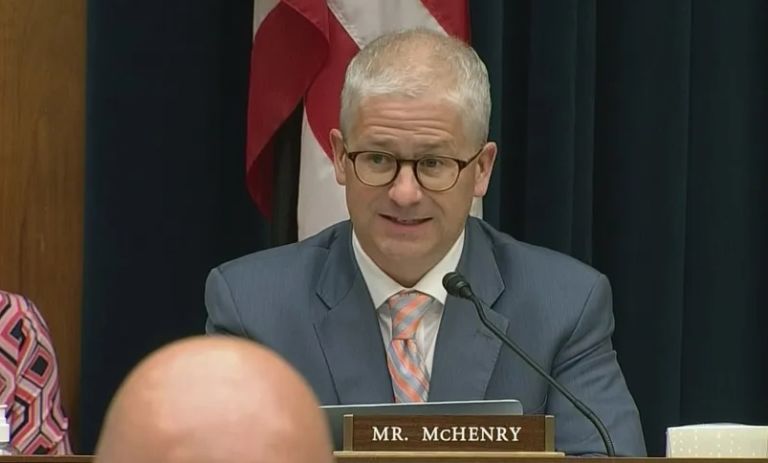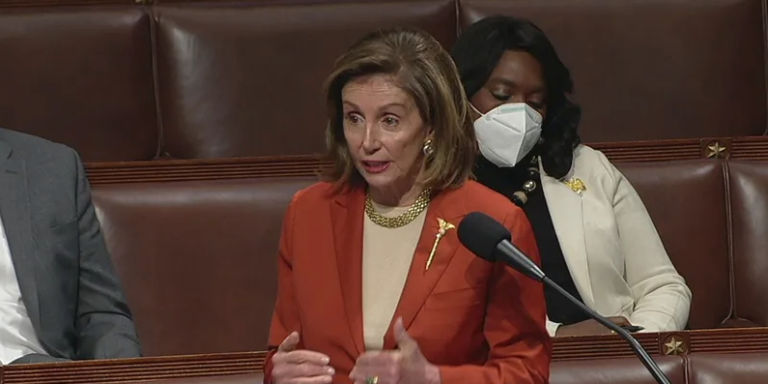Charles Cooke of National Review Online sees one way in which Tuesday’s election results should affect your wallet.
These developments raise some important questions. Such as: Why on earth would Senators Joe Manchin, Kyrsten Sinema, Maggie Hassan, and Catherine Cortez Masto continue to acquiesce with their party’s extraordinarily foolish attempt to shove a set of FDR-sized spending programs through a 50–50 Senate? Such as: Why on earth would a swathe of moderate House Democrats agree to go along with it, when, by all appearances, they are already going to have their work cut out for them next year? Such as: What, exactly, does the Democratic Party think it is playing at?
As is appropriate, the Virginia gubernatorial election was primarily about local issues — in particular, education. But this did not happen in a vacuum. According to the exit polls, President Biden’s job approval in the state is 45–54; 52 percent of Virginia voters consider the Democratic Party to be “too liberal,” as opposed to 13 percent who consider it “not liberal enough”; and 77 percent described themselves as either “conservative” (37 percent) or moderate (40 percent), compared with 23 percent who described themselves as “liberal.” This, evidently, is not an electorate that spends its days retweeting Bernie Sanders.
And if Virginia’s electorate isn’t, then Arizona’s, West Virginia’s, Nevada’s, and New Hampshire’s sure as hell aren’t. As ABC reported over the weekend, Americans just aren’t that into the idea of spending trillions upon trillions of dollars in order to satisfy Representative Jayapal. Overall, only 25 percent of Americans think the gargantuan packages would help them, with only 47 percent of Democrats agreeing. Asked whether the bill would help the economy, just 29 percent of independents said that it would. In a separate poll, Gallup picked up this trend, noting that, 52 to 43 percent, Americans believe that “the government is doing too many things that should be left to individuals and businesses.”


